Feng Shui & Clutter (Especially Book Clutter)

Marie Kondo’s popular books on “tidying up.”
Marie Kondo is well known and deserves to be. Her books on decluttering are quite influential in many people’s lives. The author of this recent article in Fast Company has nothing but praise for Kondo. I especially liked that she mentions thanking items for their service in her life, and that she linked to a UCLA study that shows spikes in diurnal cortisol levels (a measure of stress) in people living in very cluttered homes. When someone is sick with something like cancer or diabetes and they ask me for feng shui advice, my first question is, “Is your home cluttered?” Their answer is almost always yes.
In feng shui, clutter symbolizes stagnation in your life. Clutter can accumulate in many places. In Feng Shui for Hawaii, I address it at the front door (piles of slippers), on the refrigerator (magnets, photos, papers posted all over) and on the bed (masses of superfluous decorative pillows—a particular pet peeve of mine; I’ve gone into further detail about that one on this blog).
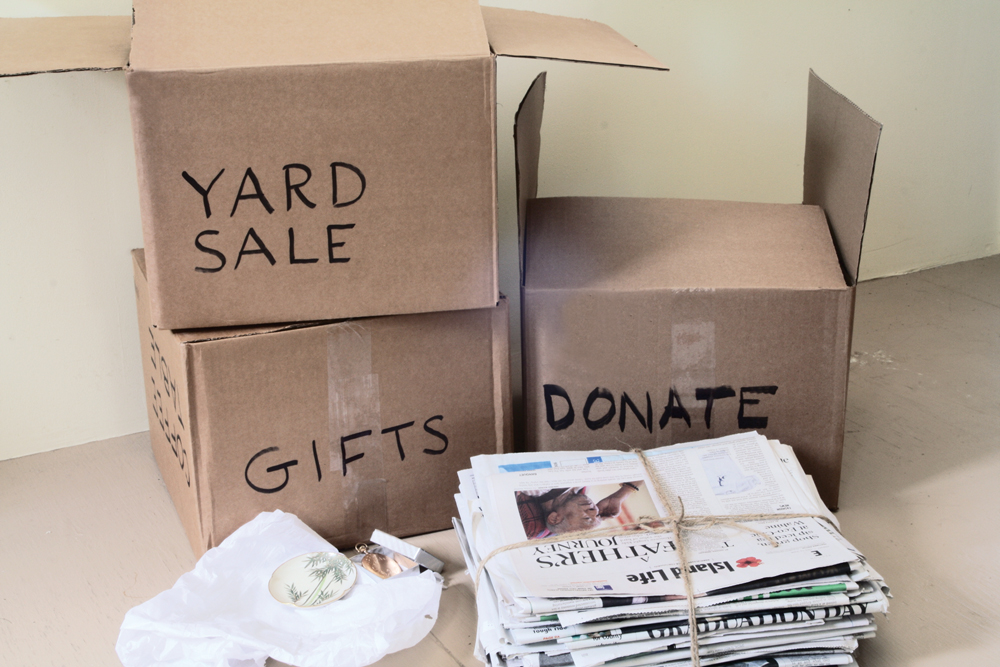
If you cannot deal with divesting yourself of accumulated things, at least edit, categorize and pack. And keep it neat!
When it comes to decluttering, there are types of clutter. There are the items that are evident and easily tidied and pared down, such as all those things in places I just mentioned above. There’s the type of clutter that verges on hoarding, like piles of old papers, magazines and broken things. Those should be the first to go. And then there are items that can accumulate en masse, but aren’t easily sorted, thinned out or thrown away, like important documents and photographs. From a feng shui standpoint, it is acceptable to (neatly!) store away things from the latter category to be evaluated later when you have the time to devote your attention to the job. Kondo believes you must devote your full attention to the evaluation process. I appreciate this mindfulness.
It’s definitely possible to take decluttering too far, and Kondo is guilty of that in her first book, The Life-Changing Magic of Tidying Up. On page 95 she explains how she rips pages that she likes out of books. I think that’s a fine scheme for magazines, but I have more respect for books than she does. I’m a book collector, and one bit of her advice (which she puts in bold type) is just plain wrong, as far as I’m concerned: “The moment you first encounter a particular book is the right time to read it.” This is obviously coming from someone who doesn’t read very many books. If I followed that advice, I’d never leave a good bookstore. Here’s my advice on the same subject: The moment to acquire a book is when it’s something you know you want and it’s a price you consider reasonable. Once you own a book, you do not have to feel any pressure to read it. Read it when it calls to you and you have the time.
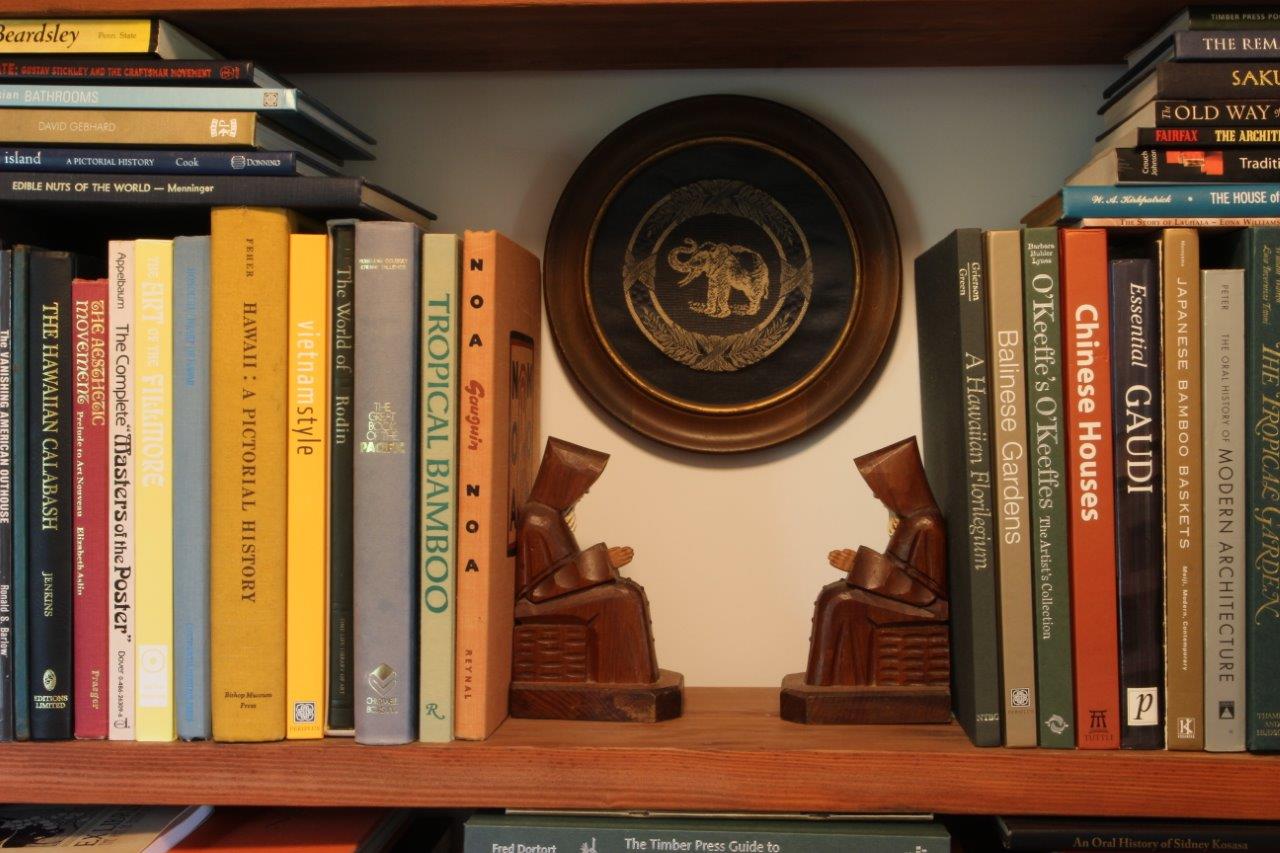
Readers of this blog know that I am an avid book collector. How you curate and store the books is important. I have several posts devoted to the topic. Start with this one.
Kondo says that (in her personal experience) “sometime” (as in, “I might want to read it sometime.”) never comes. Oh, but it does—in my personal experience. I’ve owned books for years without reading them, and then one day—bingo, there’s a perfect book for me. And I didn’t have to go to the library or a bookstore—it was waiting for me right on our own bookshelves. Books are like well-preserved food, not like fresh produce. I often keep books that I’ve read, not because I expect to read them again, but because I share them with friends. Sharing books is a way of knitting community together. (And if you are an adherent of Kondo’s philosophy, this sort of sharing is certainly something that “sparks joy.”)
Leave a Comment Cancel Comment
Related Posts
Feng Shui & Prayer Flags
Feng Shui & Dim Lighting
Feng Shui & New Rugs That Look Old
Recent Posts
Three Famous Gay Men from Huntsville, Alabama

My Youtube Feng Shui Channel
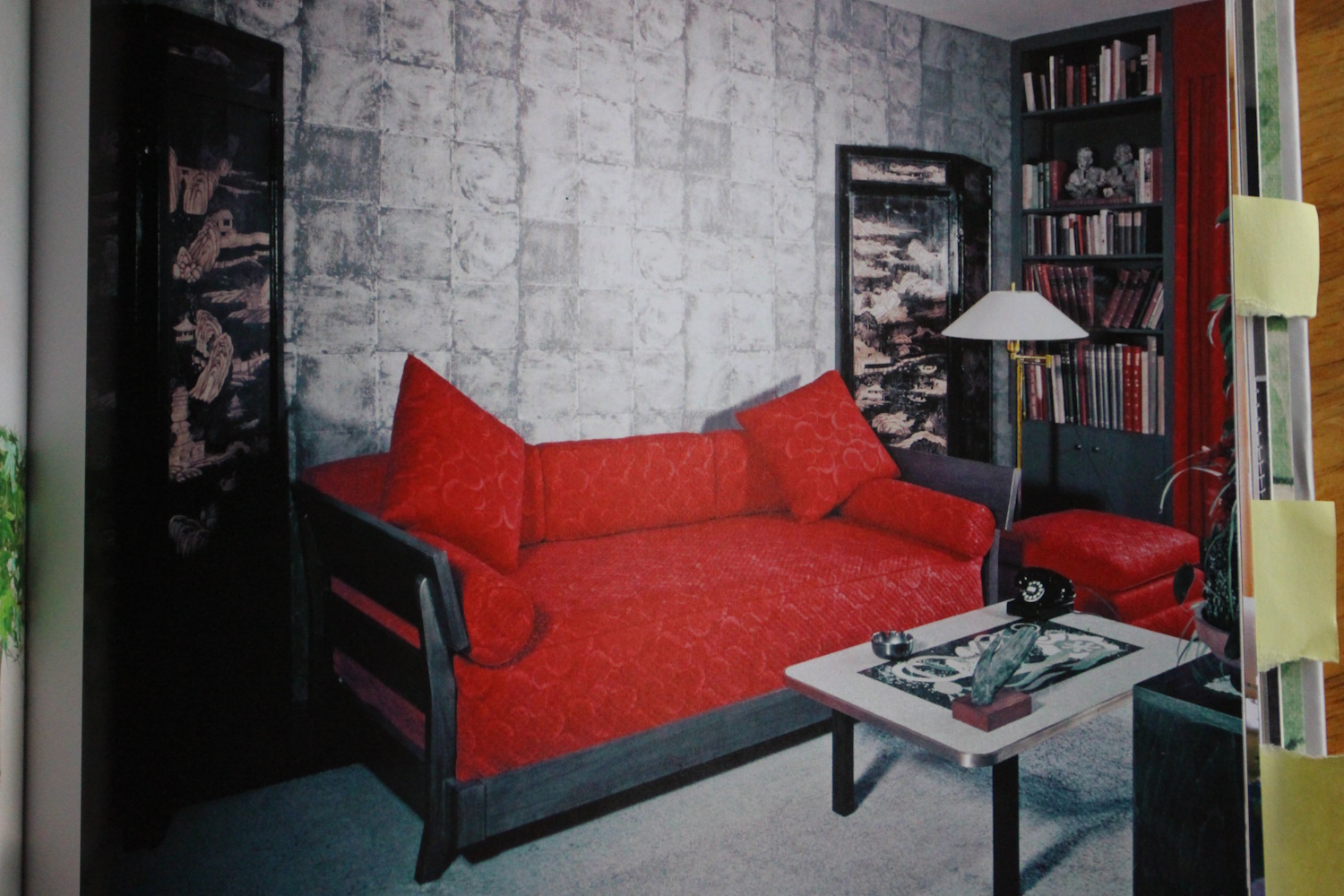
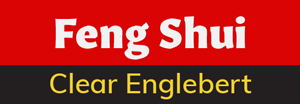
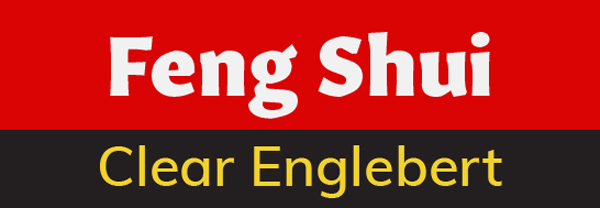

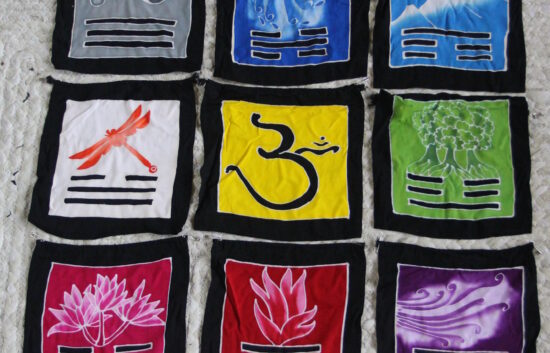
Article Comments